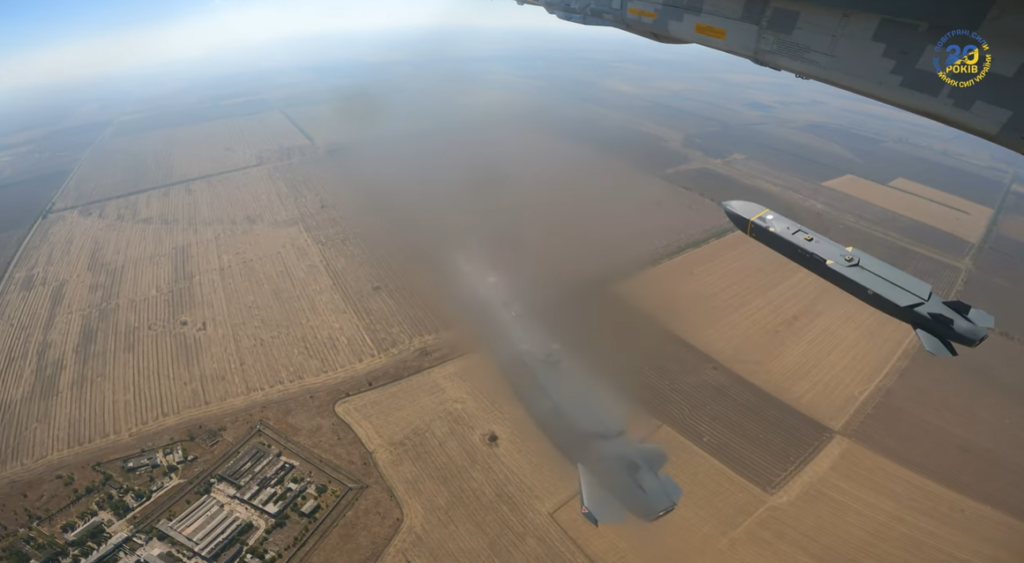Politico: Biden deliberates on Ukraine’s missile use in Russia as nuclear plants face rising threats
Washington is not yet ready to fully allow Ukraine to target Russia’s airfields with long-range US missiles, though it may lift restrictions on the UK’s Storm Shadow missiles, which use US technology, per Politico.


Politico reports that the Biden administration is deliberating on loosening some restrictions on Ukraine’s use of Western-supplied long-range missiles, potentially allowing for the targeting of airfields and missile launch sites deeper inside Russia. This consideration comes as Ukraine’s nuclear power plants face increasing risks from Russian airstrikes.
According to the article, Washington may withdraw restrictions on the UK’s Storm Shadows, which use US technology, but appears hesitant to authorize the use of US missiles to strike Russian airfields. Kurt Volker, former US envoy to NATO, told Politico:
“I would like to see a more forthright position coming from the Biden administration that says there’s no reason why Ukraine shouldn’t be fighting back.”
Ukrainian energy officials fear that the coming winter may prove to be a breaking point in the energy war. They expect Russia to use recently acquired Iranian Fath-360 close-range ballistic missiles to target logistics and communications hubs, freeing up Russia’s longer-range missiles to focus on civilian infrastructure, particularly the energy system.
Mykhailo Honchar, an energy expert, warned Politico that Russian strikes on key substations feeding high voltage electricity to Ukraine’s nuclear power stations could force reactor shutdowns and potentially provoke a “nuclear incident.“
Currently, 55% of Ukraine’s energy is generated by its three operating nuclear power stations. Russian missile and drone strikes have already destroyed 9 gigawatts of the country’s electrical generating capacity.
Ukrainian officials hope that the prospect of an energy system collapse will outweigh Washington’s fears of escalation. They argue that Russian threats of retaliation have often shaped Western policy decisions on supplying Ukraine with weapons.
Earlier, CIA Director William Burns referenced Moscow’s nuclear threats from 2022 as an example of why such statements shouldn’t always be taken at face value, stating,
“Putin is a bully. He’s going to continue to saber rattle. […] We cannot afford to be intimidated by that.”
Related:
- IAEA expands monitoring to include Ukrainian power substations for nuclear safety
- No green light yet for Ukraine’s deep strikes, UK’s Starmer reports after White House meeting
- Scholz doubles down on Germany’s stance against providing Taurus missiles to Kyiv
- Trudeau: Canada fully supports Ukraine using long-range weaponry in Russia
- Politico: US finalizes plans for Ukraine’s deeper strikes inside Russia with US-supplied weapons

